All products featured are independently chosen by us. However, SoundGuys may receive a commission on orders placed through its retail links. See our ethics statement.
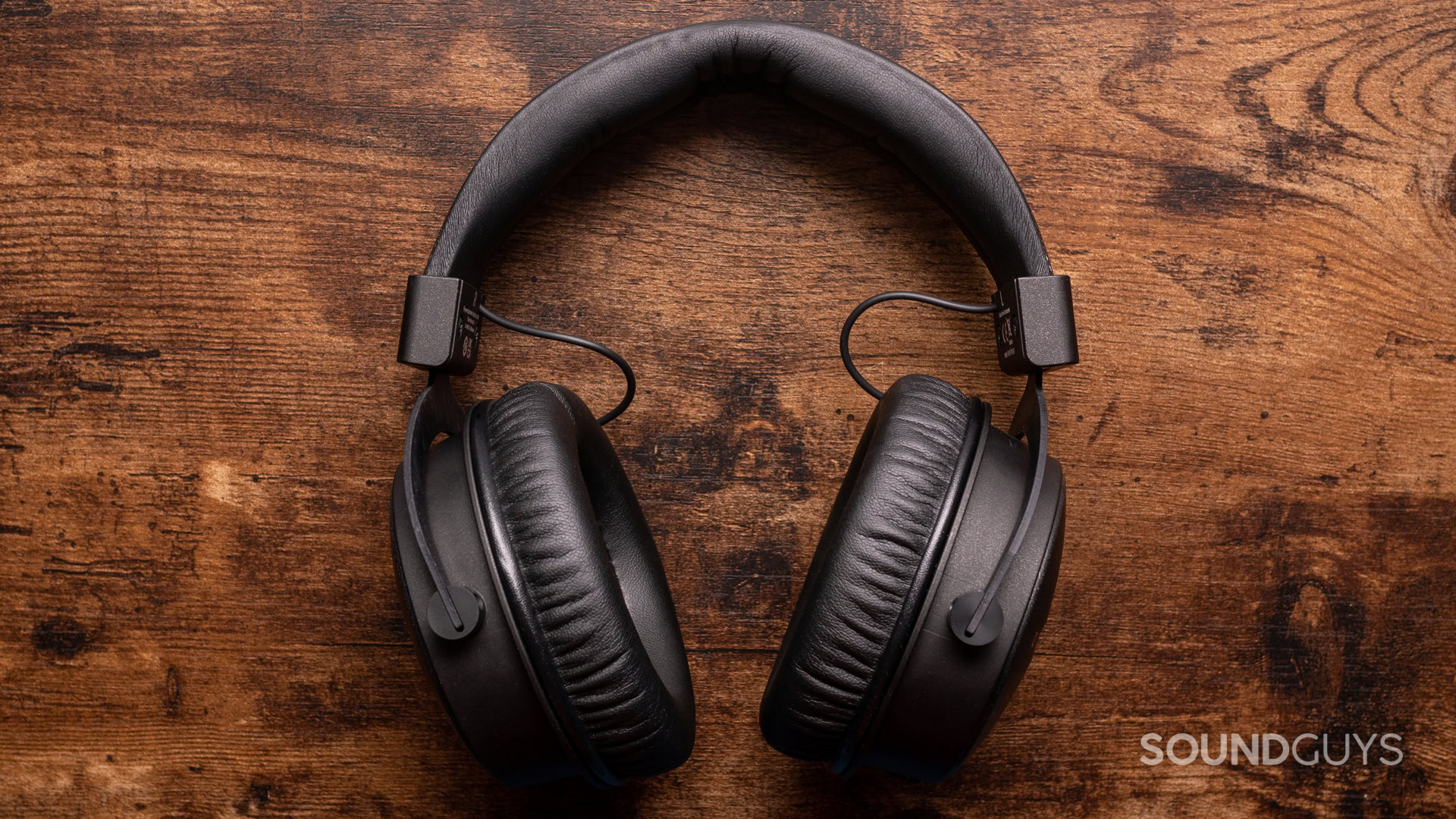
Beyerdynamic DT 1770 PRO MKII review
Published onMarch 27, 2025
Beyerdynamic DT 1770 PRO MKII
High-end audio fans have a lot to talk about when it comes to their cans, but production equipment isn’t exactly always the best for that purpose. So should you look to a set of the Beyerdynamic DT 1770 PRO MKII when kitting out your studio? Let’s take a look.
The Beyerdynamic DT 1770 PRO MKII are for those who like the Beyerdynamic DT 770 PRO, but want a higher-end, bassier option.
We tested using both cables, and shared measurements with Beyerdynamic regarding an unexpected result. Should it be determined that our unit was faulty, we will be updating this content with new results as we're able.
This article was published on March 27, 2025, and this is the first version of the article. Updates will follow as the market changes.
What’s it like to use the Beyerdynamic DT 1770 PRO MKII?
The Beyerdynamic DT 1770 PRO MKII is a set of closed-back headphones intended for the mixing and mastering stage of producing audio content, and not necessarily for consumers to be listening to music to. In that light, it’s easy to see why Beyerdynamic prioritized versatility and durability over many other concerns when making these cans. For example, a relatively low power requirement means that you can get an adequate level from just about anything with a headphone jack.
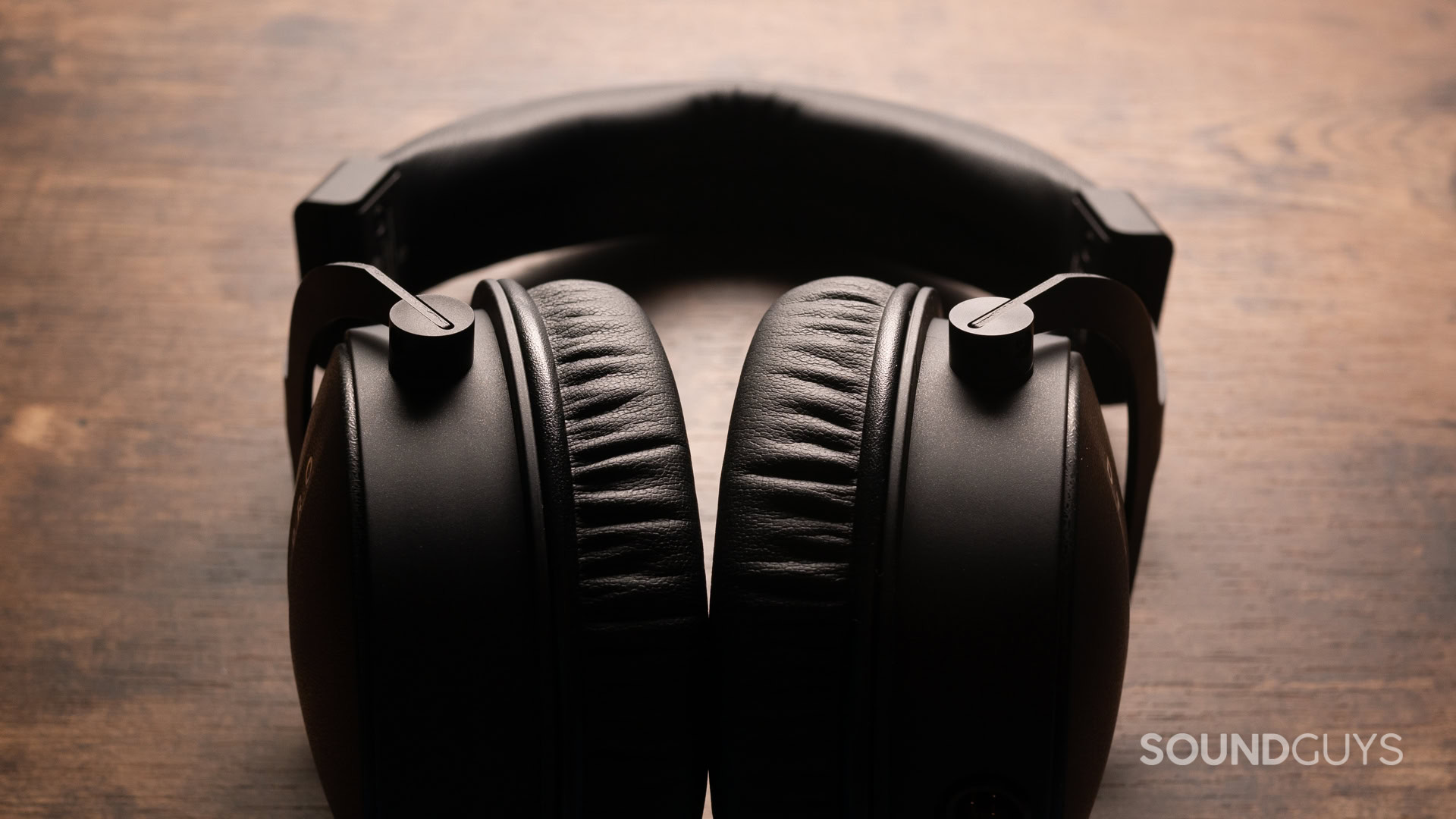
As is with the other PRO-series offerings from Beyerdynamic, the Beyerdynamic DT 1770 PRO MKII is a rather substantial set of headphones. With a steel skeleton, deep earcups, and standardized shape, they’re easily maintainable and fairly uncomplicated — as far as wired headphones go, anyway. The band is thickly padded, and the high mass isn’t a huge deal because of the large contact area with your skull. The left earcup houses a female miniXLR port for the cables to hang, and there’s a notch that allows for easier pad replacement just like the Beyerdynamic DT 1770 PRO MKII’s brother, the DT 1990 PRO MKII. Just align the inner circle of the pads you want with the flat part of the notch, and twist the pads into place. Easy peasy.
The Beyerdynamic DT 1770 PRO MKII is extremely comfortable to wear despite its rather substantial mass, due to its thickly-padded band and high surface area on your skull. With good weight distribution, the mass is effectively managed and the cans don’t put too much pressure on your head. However, those leather-like pads might cause some issues for glasses-wearers, as acrylic glasses arms tend to stick a little bit to the pad material. I was able to wear these for hours without discomfort, and it didn’t matter which pads I used.
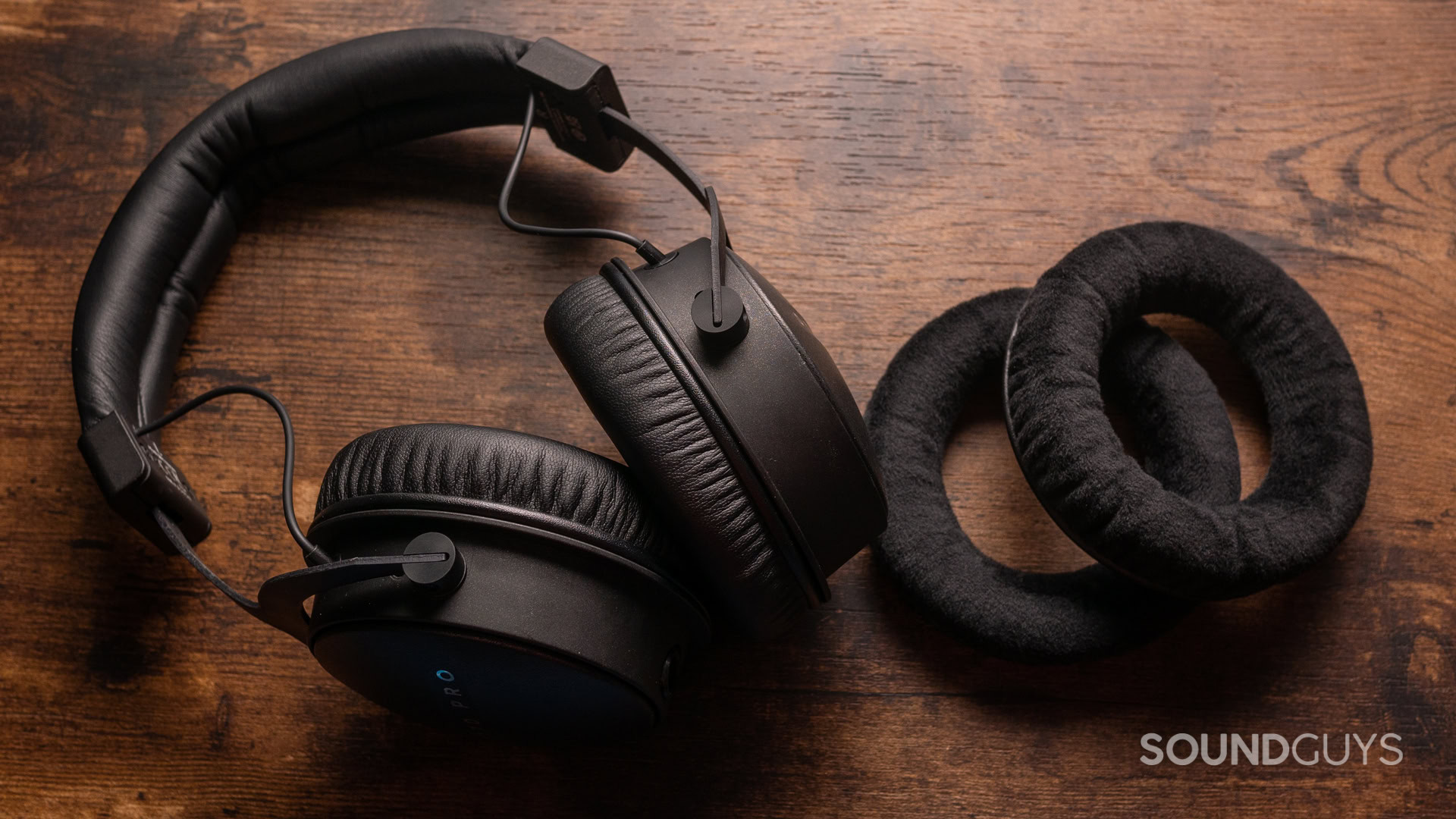
Included in the packaging are two sets of ear pads (one velour, one leather-like), a durable case, two cables, and threaded adapters for same. By allowing the cables to be swapped rather readily, there’s a number of options available to the long-term user of the Beyerdynamic DT 1770 PRO MKII, such as the ability to upgrade to a USB-C to miniXLR cable in the future if they so choose.
What are the best features of the Beyerdynamic DT 1770 PRO MKII?
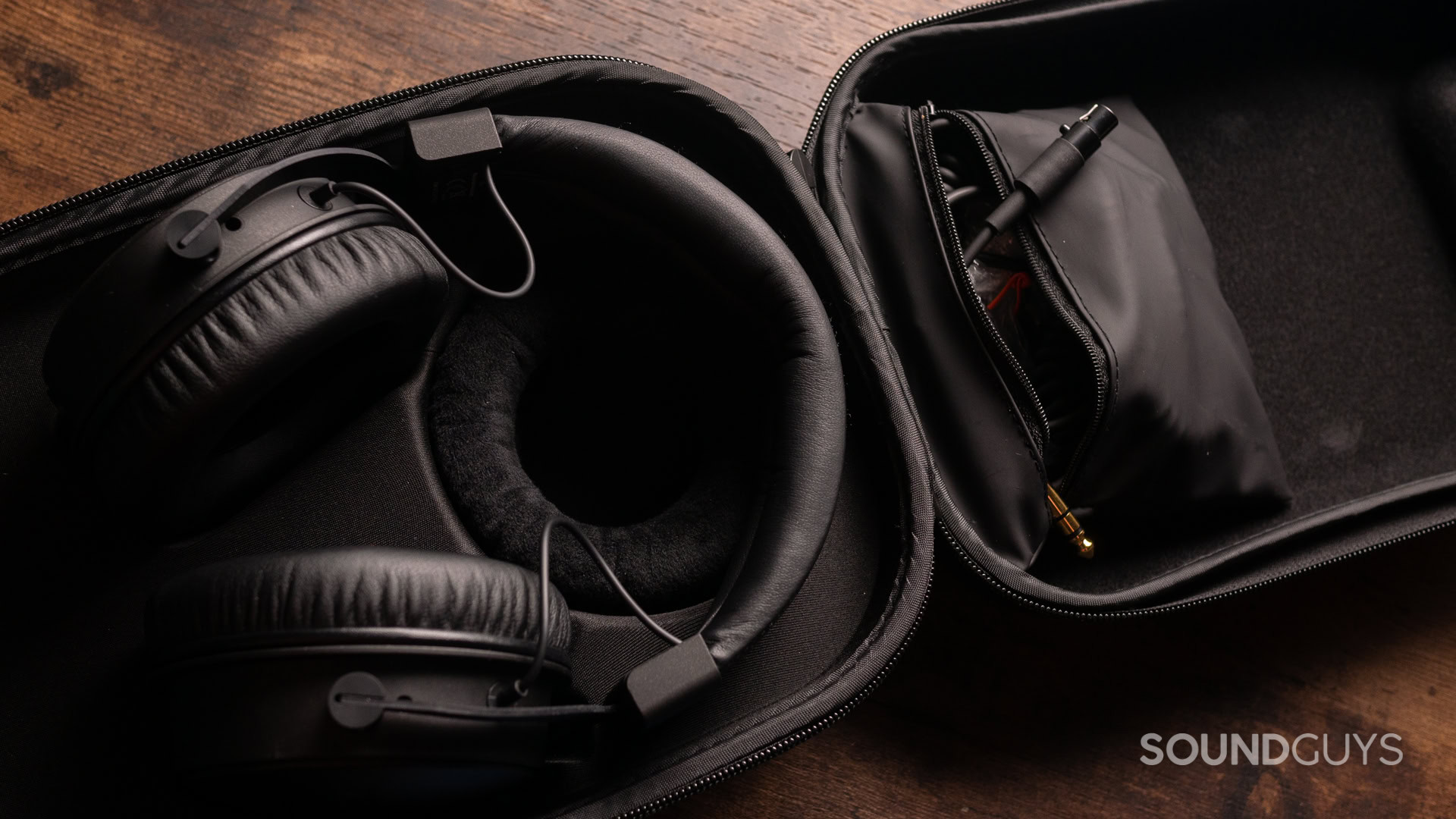
That hardshell case is a very nice value add, as it has recesses and a pouch to store the rather cumbersome extra pads and cables. Providing this kind of security against losing things in a booth is a big plus, and it also keeps your bandmates from nicking (or breaking) little things by accident. Additionally, that threaded adapter is a simple, elegant solution that we like to praise as often as possible, because dongles are — to be charitable — a huge pain to wrangle.
How does the Beyerdynamic DT 1770 PRO MKII connect?
The Beyerdynamic DT 1770 PRO MKII comes with two TRS to miniXLR cables that attach at the left ear cup. Each is also threaded for fitting a 3.5mm to 6.3mm adapter. I appreciate the inclusion of both the 5-meter coiled cable and the 3-meter straight cable, as there are different uses for both. Some people like the stress relief the coiled cable provides to avoid tearouts or snags, and others like the simplicity of a straight cable that loves to get coiled up in computer chair wheels. I’m not here to judge your preferences; just note that the Beyerdynamic DT 1770 PRO MKII gives you both options. Should one of these cables break, it’s nice to know that you don’t have to hunt for a new one right away.
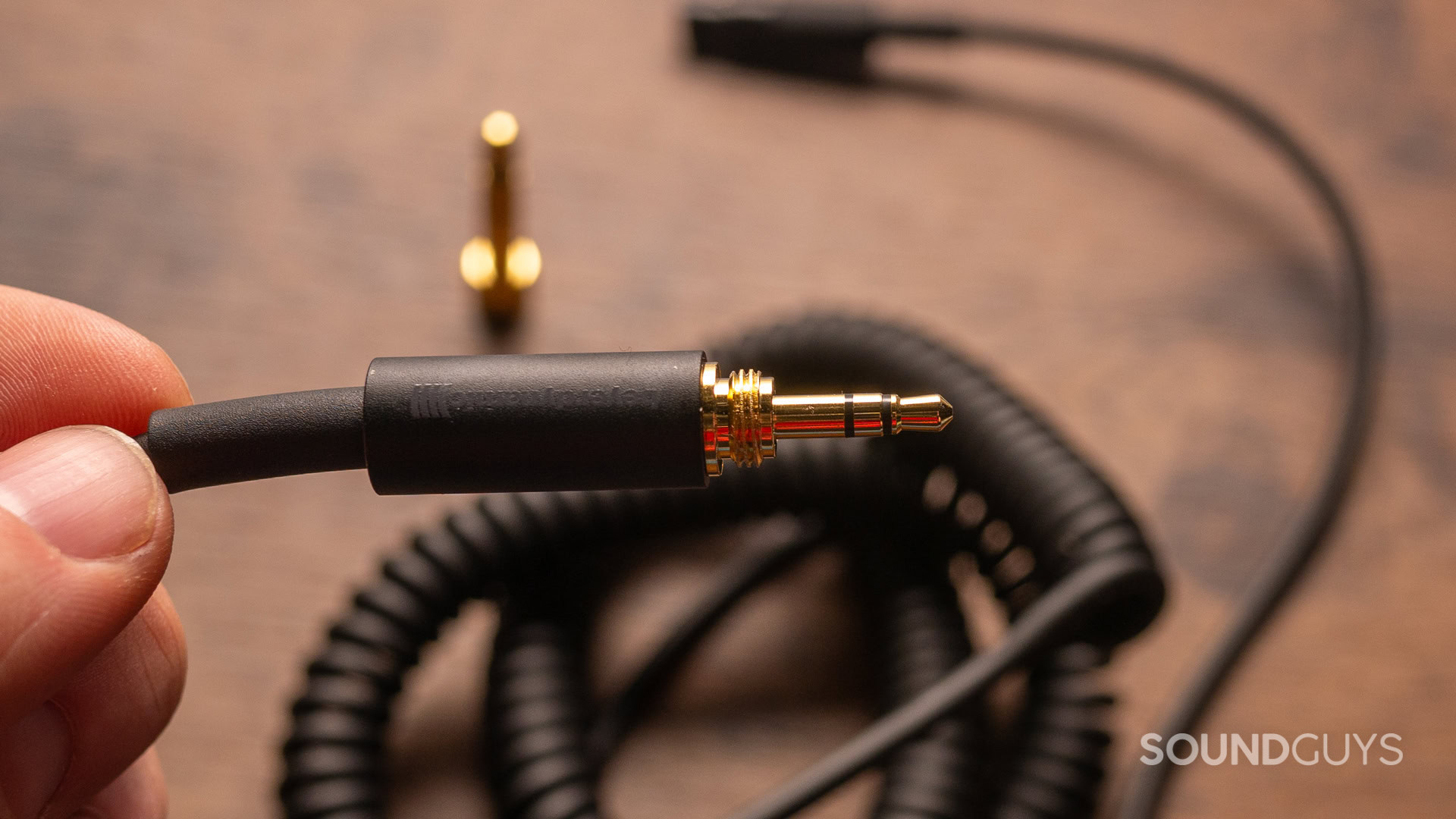
Because of the low power requirements, an amp or DAC will likely not help you any, unless your source devices lack a headphone jack. If you need the headroom for equalization, that’s another argument, but there shouldn’t be a situation where you’d need more power for most mobile devices or computers.
It isn't likely that you'll need an amp, given that you can achieve a level of 95dBSPL at 1mW. This should be more than enough, especially considering the low impedance of 30Ω. Of course, if you really need the headroom to equalize your headphones, a low-powered USB interface will be more than up to the task, so don't go breaking the bank for a dedicated headphone amp for these.
How well does the Beyerdynamic DT 1770 PRO MKII block out noise?
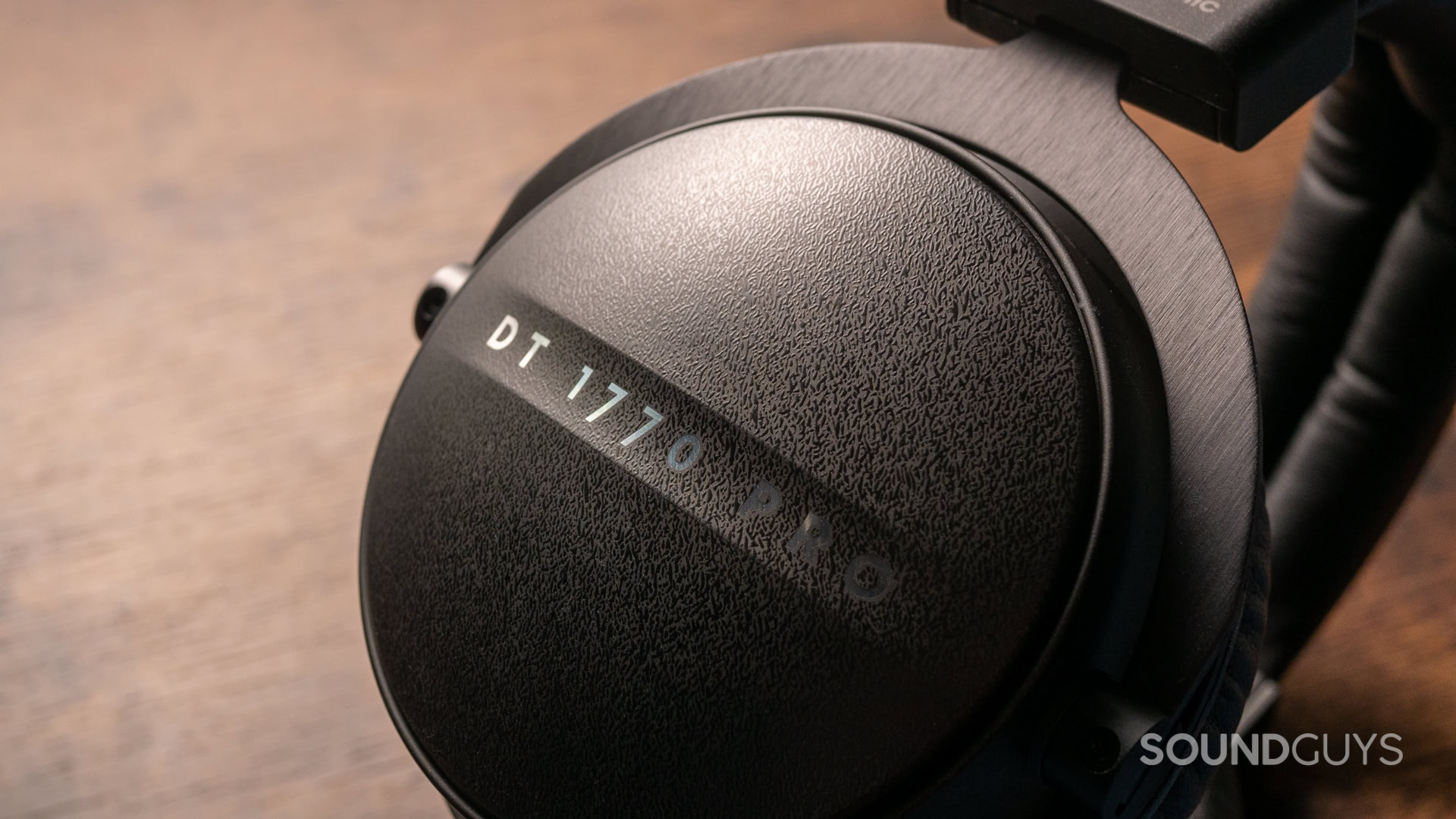
Depending upon which pads you use, the isolation of the Beyerdynamic DT 1770 PRO MKII ranges from decent to good. Really, there’s nothing to complain about in this regard, as most of the high-end sound around you will be effectively muted.
Velour pads:
Loading chart ...
Though it’s not necessarily famed for its ability to make a great seal, the velour pads on the Beyerdynamic DT 1770 PRO MKII still allow you to physically block out a solid amount of outside noise. This is important to those who really need to keep outside gabble and junk noise at bay, and it’s nice to see that even at worst: you’ll be fine.
Leatherette pads:
Loading chart ...
Though the improvement isn’t Earth-shattering, the leatherette pads do block out a hair more outside noise than the velour pads do. Still, both do a great job at isolating you from outside noise.
How does the Beyerdynamic DT 1770 PRO MKII sound?
The Beyerdynamic DT 1770 PRO MKII has an interesting sound, though it definitely is more geared for music than gaming.
Reviewer’s notes
Editor’s note: this review uses a hover-enabled glossary to describe sound quality based on a consensus vocabulary. You can read about it here.
Multi-Dimensional Audio Quality Scores (MDAQS)
The chart below shows how the Multi-Dimensional Audio Quality Score (MDAQS) algorithm from HEAD acoustics assesses the sound of the Beyerdynamic DT 1770 PRO MKII. The sound quality is rated on a scale from 1.0 (very bad) to 5.0 (very good).
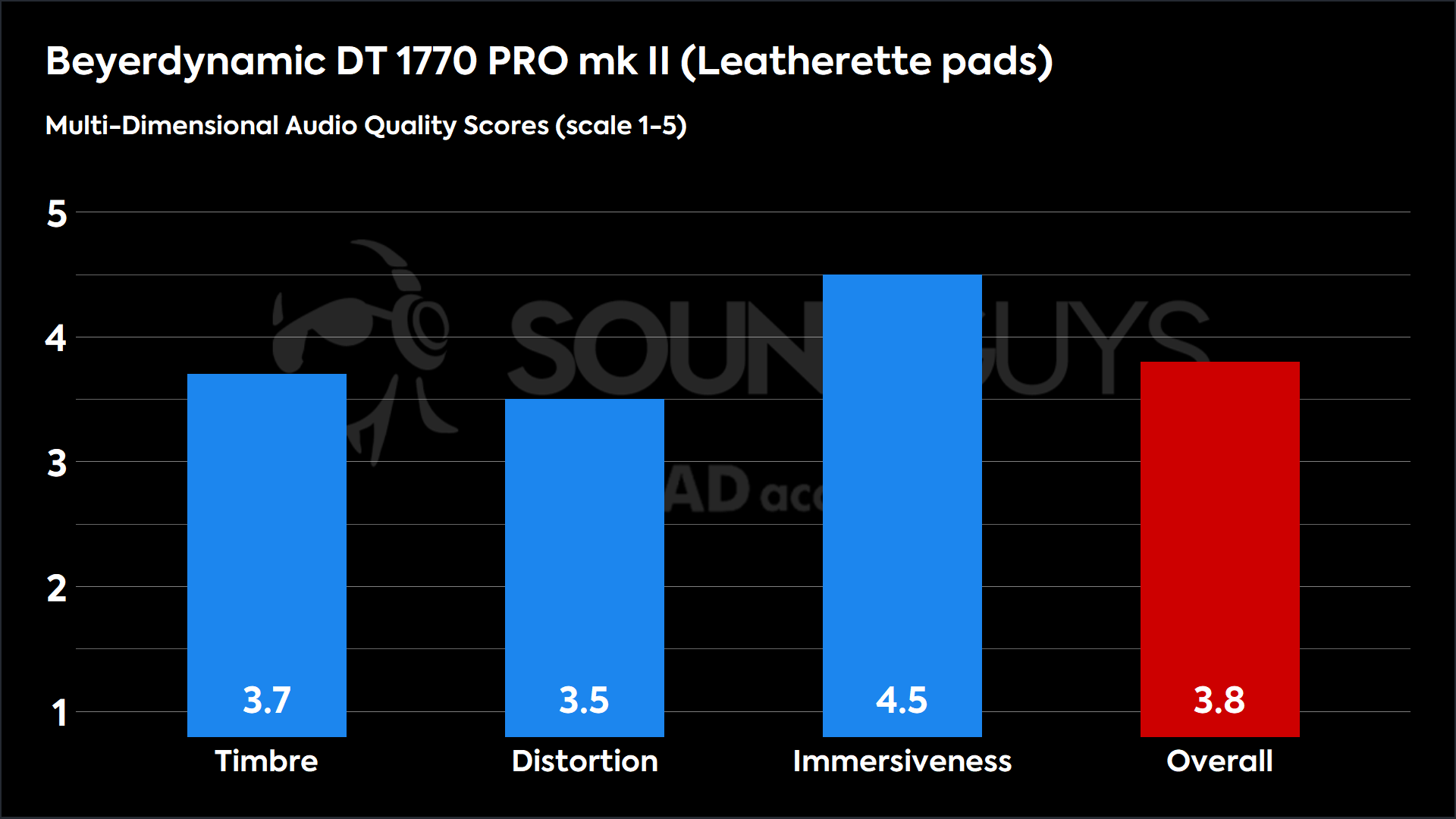
Our virtual panel of listeners rated the Beyerdynamic DT 1770 PRO MKII’s sound mainly “okay” to “good,” and since high-end headphones routinely return some odd results here, this is less of a concern than it may appear at first. While not everyone will agree with these metrics, there’s no truly “bad” rating here, so at worst, you might not like the sound rather than get actively repulsed by it.
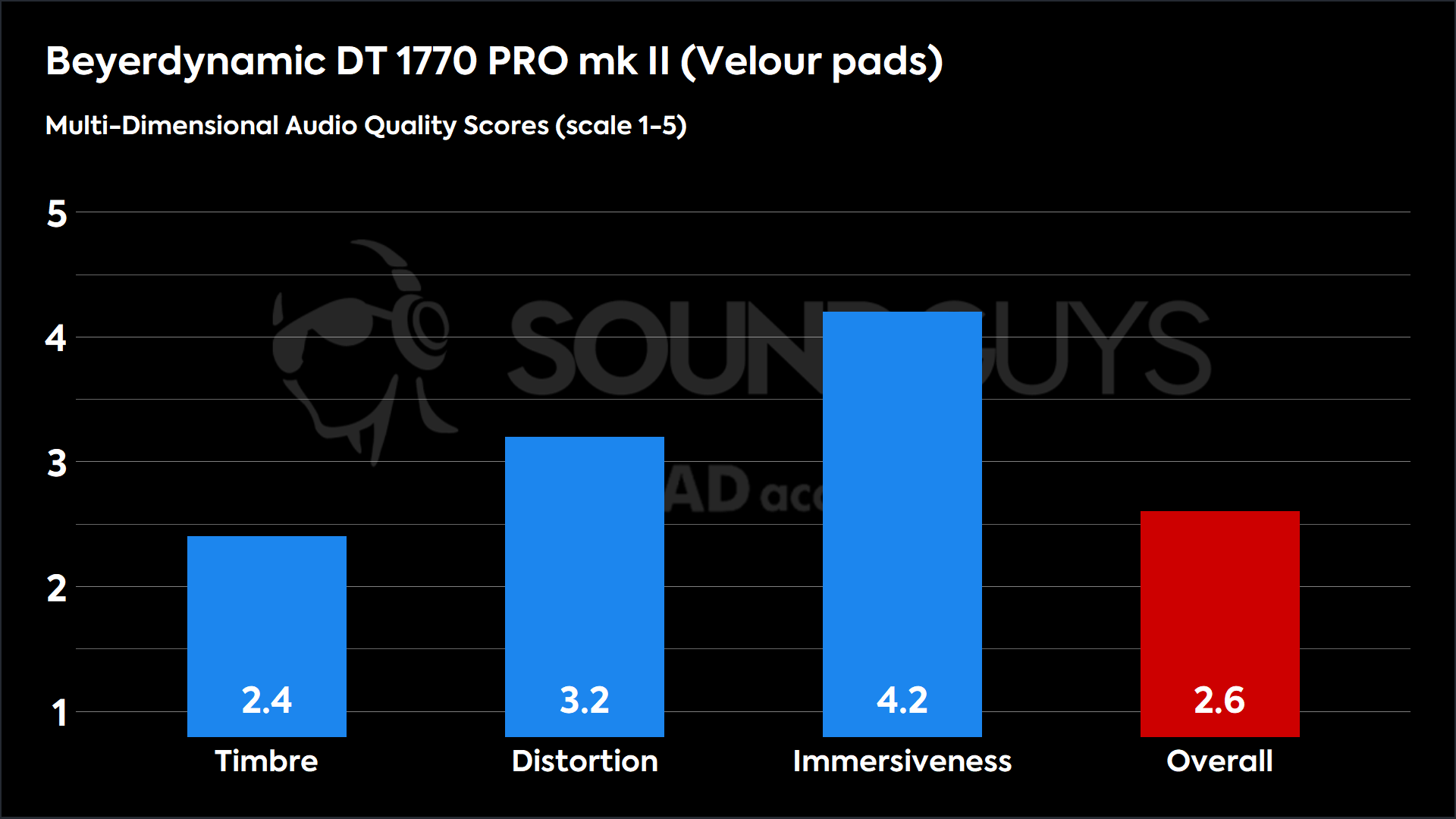
When the velour pads are installed, the scores tumble quite a bit. I’m unsure if I agree with this, but Beyerdynamic headphones have a rather interesting means of tuning that generally doesn’t do so hot with MDAQS. Some people like it, others don’t. These numbers represent a Mean Opinion Score, and not what every listener will rate these headphones. So don’t mistake them for an absolute metric that everyone will agree upon. But low marks here are a great indication that you should try to get a listen with these cans before buying them.
If it sounds like I’m pulling my punches a bit, it’s because I’ve been doing this long enough to know that people may miss the forest for the trees if they only go by a single rating. Even if these numbers imply one thing, it’s not a guarantee that you, personally, will agree with that assessment.
- Timbre (MOS-T) represents how faithfully the headphones reproduce the frequency spectrum and temporal resolution (timing information).
- Distortion (MOS-D) represents non-linearities and added noise: higher scores mean cleaner reproduction.
- Immersiveness (MOS-I) represents perceived source width and positioning: how well virtual sound sources are defined in three-dimensional space.
Can you use the Beyerdynamic DT 1770 PRO MKII for phone calls?
Because the Beyerdynamic DT 1770 PRO MKII does not have an in-line microphone, you would need another means of capturing your voice for phone or computer calls. Most people (and streamers) use a USB or XLR mic for this. It’s possible that there’s a miniXLR to TRRS cable with an in-line mic available online, but it is not included in the packaging of the Beyerdynamic DT 1770 PRO MKII.
Should you buy the Beyerdynamic DT 1770 PRO MKII?
This one’s tough to get through without sounding a bit harsh, but most people should probably skip this one unless it’s available on sale or you’re specifically looking for a long-term booth dweller. That’s not to say these headphones aren’t worth the money or anything, but unless you’re looking to upgrade from a Beyerdynamic DT 770 PRO — $600 is a lot to spend on headphones, even if they feel like they could withstand a nuclear blast. Because these cans sound a bit different than you’d expect for the pricetag, you absolutely should try these out before buying. While that’s not going to be possible for a lot of people, for the Beyerdynamic DT 1770 PRO MKII it’s an absolute necessity.
Buying any headphones that are off the beaten path is a bit of a risk at this price, so I recommend trying things out before you buy extremely often. If you listen to these and they suit your needs, more power to you — go get ’em. They’re just not for me.
What should you get instead of the Beyerdynamic DT 1770 PRO MKII?
First up, I’d recommend owners of the Beyerdynamic DT 770 PRO ($169 at Amazon) to simply put off getting a new set of cans, or just invest in new pads, instead. Similarly, if you’ve listened to the DT 700 PRO X ($269 at Amazon) before and were on the fence, these headphones aren’t going to make you forget about them unless you enjoy head-rattling bass.
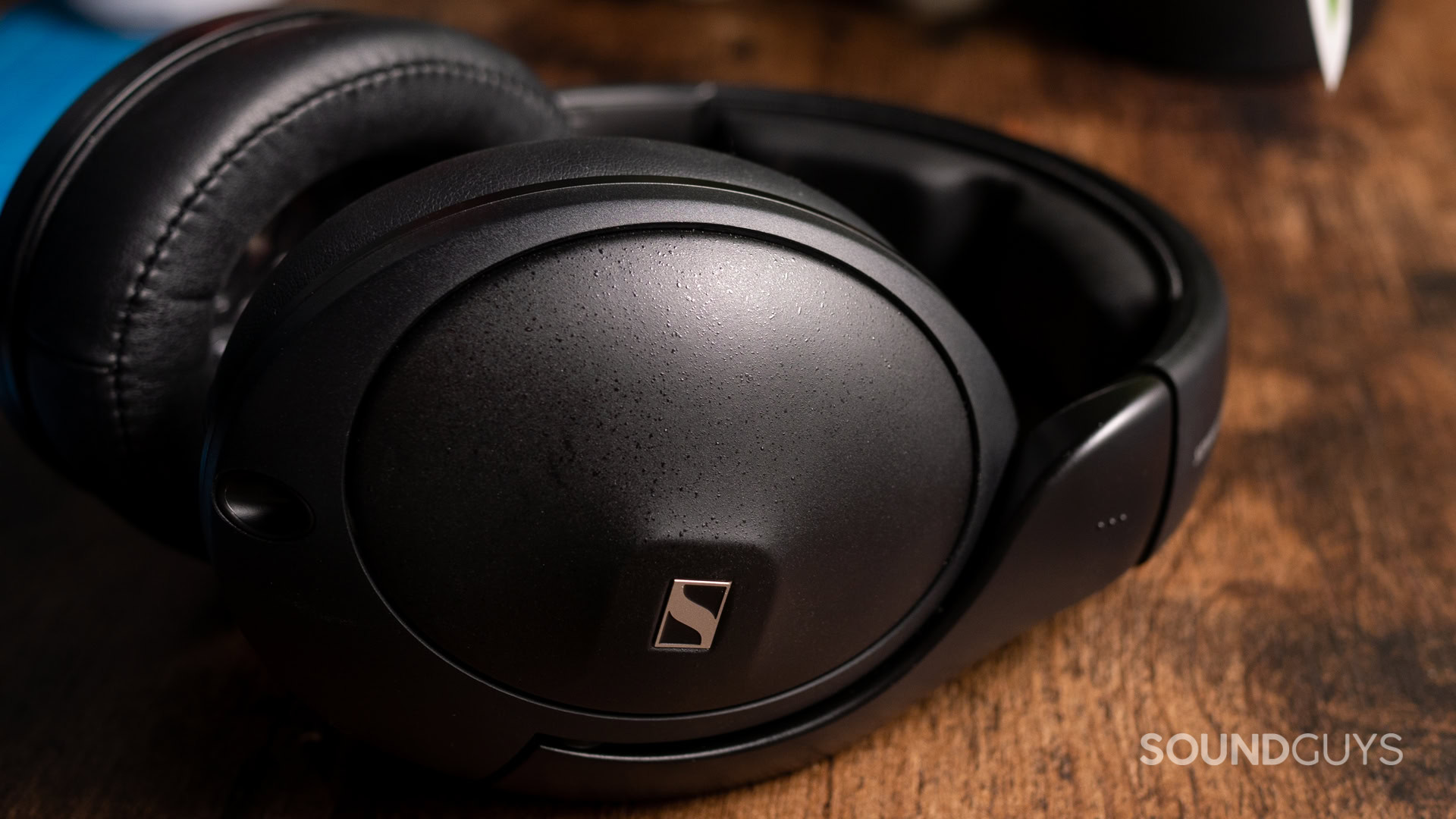
If you absolutely must have closed-back headphones, I’d list the Sennheiser HD 620S ($329.95 at Amazon) and the Sony MDR-M1 ($249.99 at Amazon) as easy options to look at for a lower price. Sure, both have their own foibles, and neither are as maintainable as the Beyerdynamic DT 1770 PRO MKII, but the reduction in cost without sacrificing comfort is notable.
Beyerdynamic DT 1770 PRO MKII review: FAQs
These are decent headphones, but they do not come with a microphone. Therefore, if you want to game with them, you'll need an external microphone for team chat.
This set of headphones would be fine, but if you're thinking about spending $600 on headphones for this purpose, consider using a well-calibrated set of speakers instead.
Yes.
